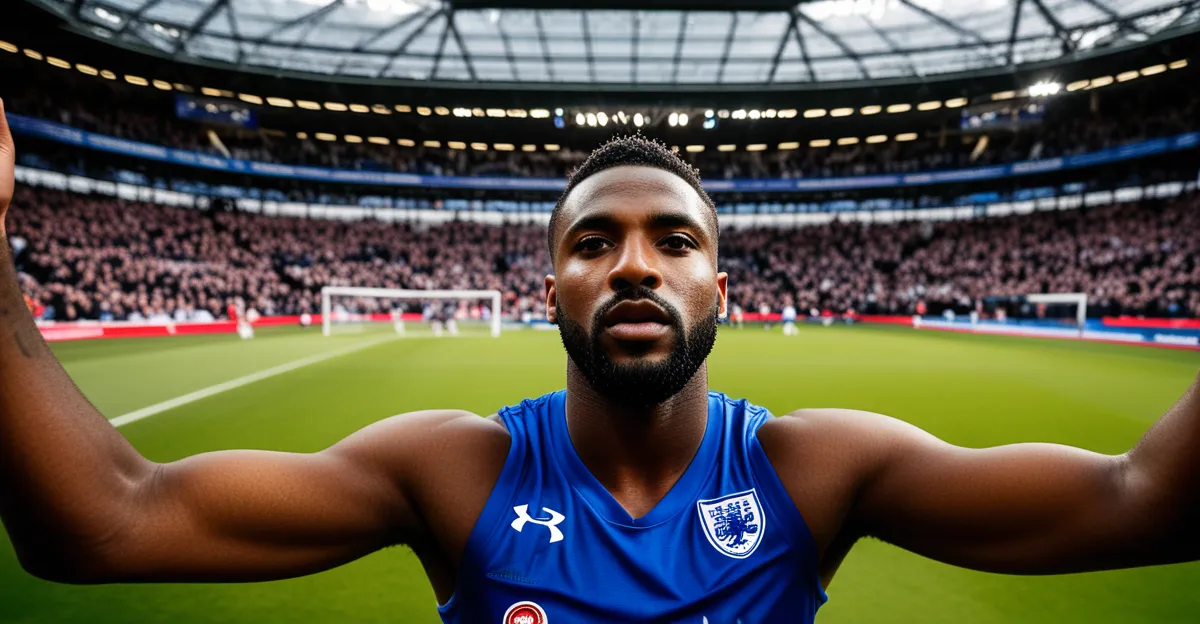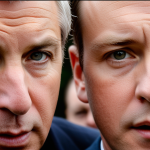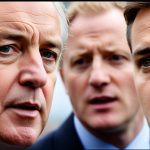Historical Roots and Global Expansion of UK Sports
The origins of cricket, rugby history, and the history of football are deeply embedded in the cultural fabric of the United Kingdom, marking the foundation of many modern sports worldwide. UK sports origins trace back centuries, with cricket’s codification dating to the 18th century and the formal establishment of football rules in the mid-19th century. Rugby, evolving from early football games, saw its own distinctive rules formalized to distinguish it as a separate sport.
The process of codification was crucial, as standardized rules allowed the sports to be taught, played, and organized consistently—which, in turn, facilitated their international dissemination. Early international tours, such as cricket teams traveling to colonies and rugby matches arranged between schools and clubs, helped spread UK sports globally.
Also to discover : What Strategies Ensure the Longevity of Athletes in UK Sports?
A key factor in this worldwide expansion was the influence of the British Empire, which acted as a conduit for introducing British sports to diverse regions. Colonies and territories embraced these games, adapting them into local cultures while maintaining the core rules established in the UK. This historical diffusion underpinned the current global popularity of sports like football, cricket, and rugby.
By standardizing rules and promoting international competition, UK sports laid the groundwork for what would become major international sporting traditions, helping to shape global sports culture through their rich history and evolving practices.
In parallel : What Innovations in UK Sports Might Shape the Future?
International Leagues, Clubs, and Athletes
The Premier League global appeal stands as a testament to the worldwide influence of UK sports clubs. Established in 1992, the Premier League has grown into one of the most watched football leagues globally, attracting audiences from every continent. Its clubs, such as Manchester United, Liverpool, and Chelsea, enjoy substantial followings internationally, contributing significantly to the popularity of UK sports origins and football history worldwide. These clubs not only compete domestically but also in international tournaments, increasing their visibility and expanding the global reach of UK sports culture.
Famous UK athletes play a vital role in driving this international interest. Players like David Beckham, Wayne Rooney, and currently rising stars help build sports cultures far beyond the UK borders. Their high-profile status, combined with successful club performances, makes them ambassadors of football exports, embodying both the skill and spirit rooted in the UK sports origins. Their influence extends to endorsements, social media, and charity work, reinforcing the prominence of UK sports clubs on the global stage.
Club rivalries further fuel international enthusiasm. Historic matchups such as the North West Derby (Liverpool vs. Manchester United) attract millions of viewers worldwide, showcasing the intensity and passion synonymous with UK sports origins. These rivalries attract new fans and deepen loyalty, highlighting how football exports depend not only on talent but also on emotional engagement that clubs cultivate over decades.
Collectively, the Premier League’s global appeal, famous UK athletes, and storied club rivalries illustrate how UK sports clubs have become central pillars in the sports globalization process. By combining sporting excellence with cultural significance, they continue to spread UK sports traditions while adapting to an ever-expanding international audience.
Innovative Governance and Sports Organizations
The UK sports governance system has been pivotal in shaping modern sports administration globally. A major milestone was the establishment of the Football Association (FA) in 1863, recognized as the first official body to codify football rules, which greatly influenced the structure of football worldwide. This governance model introduced consistent rules, fair play principles, and standardized officiating, setting a template many other sports organizations later adopted.
The origins of FIFA can also be traced back to the UK’s influence. Founded in 1904, FIFA’s creation stemmed partly from the need to unify international football governance, reflecting the foundational work done by the FA. The UK’s early efforts in sports governance established the framework that allowed football to evolve into a global sport with uniform standards.
In rugby, governance followed a similarly structured path. The Rugby Football Union (RFU), founded in 1871, played a central role in formalizing rugby governance. It enforced rules and regulations that differentiated rugby from other football codes, supporting the sport’s credibility and integrity. These organizations emphasized sports integrity, ensuring fair competition and safeguarding the spirit of the game.
Today, the UK maintains active roles in several international sports federations, influencing rule changes and governance policies. This ongoing involvement reinforces the UK’s legacy as a leader in sports administration while supporting the evolution of global sports standards.
Cultural Impact and Global Fanbase
UK sports culture is renowned for its distinctive traditions, rituals, and fan culture, which have significantly contributed to the global passion for football, cricket, and rugby. These customs—ranging from match-day chants and club anthems to elaborate stadium experiences—create a unique atmosphere that fans worldwide seek to experience. For example, the communal singing of club songs like “You’ll Never Walk Alone” at Liverpool matches exemplifies how UK sports traditions foster emotional connections that transcend geographic boundaries.
Sports fandom in the UK is not merely about watching games; it involves active participation in these cultural rituals. This engagement fuels a vibrant global supporters network, where fans from different continents adopt and celebrate UK sports origins as part of their identities. UK sports traditions thus act as a cultural bridge, linking diverse audiences through shared passion and heritage.
Cross-cultural exchange is further amplified through UK sports tourism and international events. Fans travel from far and wide to attend Premier League matches or cricket test series, immersing themselves in the rich history and social fabric of UK sports. Such tourism strengthens the emotional bonds fans have with UK sports clubs, deepening their loyalty and enhancing sports globalization.
The role of media coverage is also crucial in connecting global audiences to UK sports culture. Live broadcasts, documentaries, and social media platforms bring the sights and sounds of UK stadiums and arenas into living rooms worldwide. This real-time access allows fans to participate vicariously in the sport’s emotional highs and lows, cultivating a sense of belonging within a global fanbase rooted in UK sports origins.
Collectively, the interplay of UK sports culture, fan rituals, tourism, and media fosters a dynamic global fanbase. This ecosystem supports not only the popularity of UK sports but also sustains their ongoing influence as vibrant, shared cultural phenomena around the world.
Media, Broadcast, and Commercial Influence
The evolution of UK sports media rights has been instrumental in amplifying the global presence of UK sports. Early innovations in sports broadcasting allowed football, cricket, and rugby contests to reach audiences far beyond stadiums. The gradual shift from radio broadcasts to live television coverage marked a significant leap, enabling fans worldwide to witness the intensity of UK sports origins and games in real time.
This pioneering spirit extended to sports broadcasting innovation, where the UK often led advancements such as multi-angle cameras, instant replays, and expert commentary. These enhancements elevated the viewer experience and set industry benchmarks. Major broadcasts of the Premier League and international cricket fixtures attracted global viewership numbers, fueling sports globalization and cementing UK sports culture as a widely consumed phenomenon.
Alongside media rights, the commercialization and branding of UK sports clubs and leagues have transformed sports into thriving global businesses. Strategic marketing campaigns have grown fanbases across continents, leveraging digital platforms and social media to engage millions. The Premier League’s brand, for instance, symbolizes top-tier football excellence worldwide, resulting in lucrative sponsorships and partnerships with leading global corporations.
Furthermore, merchandise sales—ranging from replica kits to memorabilia—compose a vital revenue stream, reinforcing fan loyalty beyond matches. Commercial influence also extends to collaborations between clubs and international broadcasters, which package football exports in appealing formats suited to diverse markets. This blend of media innovation and commercial strategy drives the sustained expansion of UK sports origins internationally.
Together, UK sports media rights, innovative broadcasting techniques, and sophisticated global marketing have propelled UK sports onto the world stage. They have ensured that the rich history of football, cricket, and rugby reaches a global fanbase, continually expanding the cultural and economic impact of UK sports traditions.











